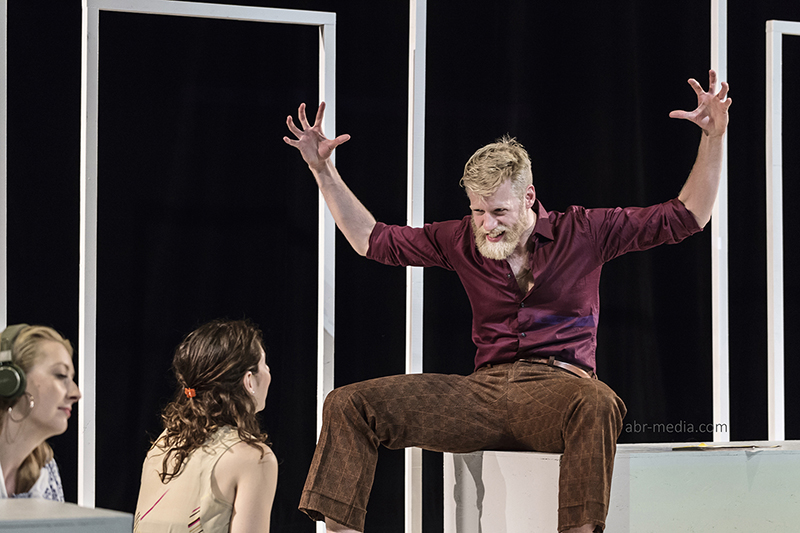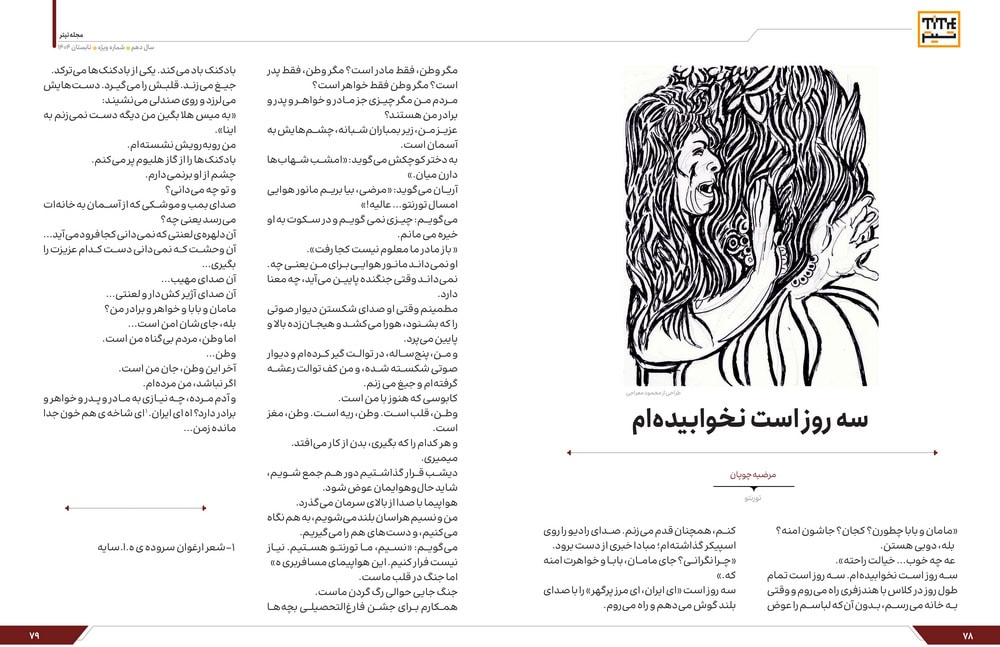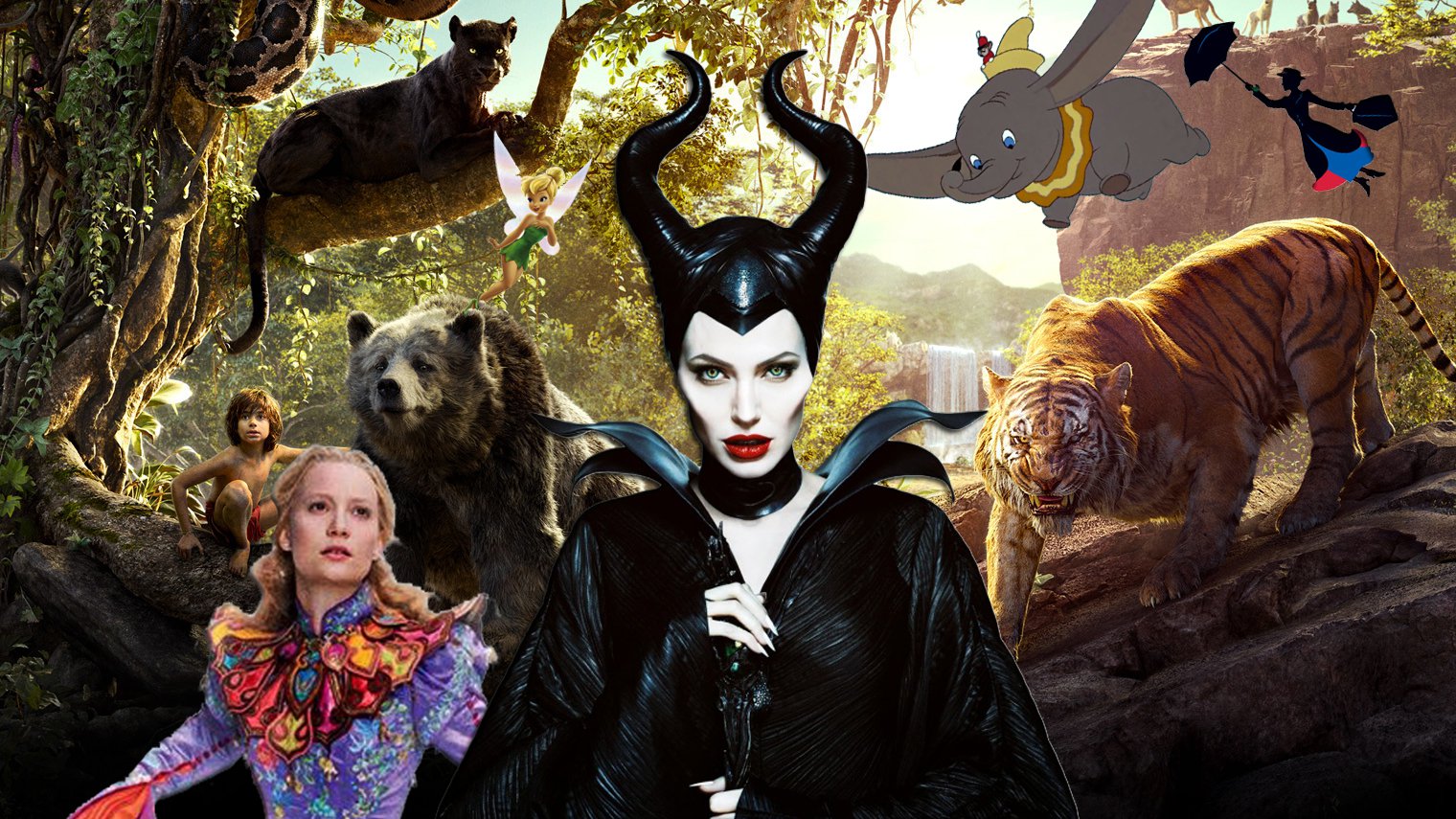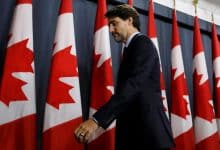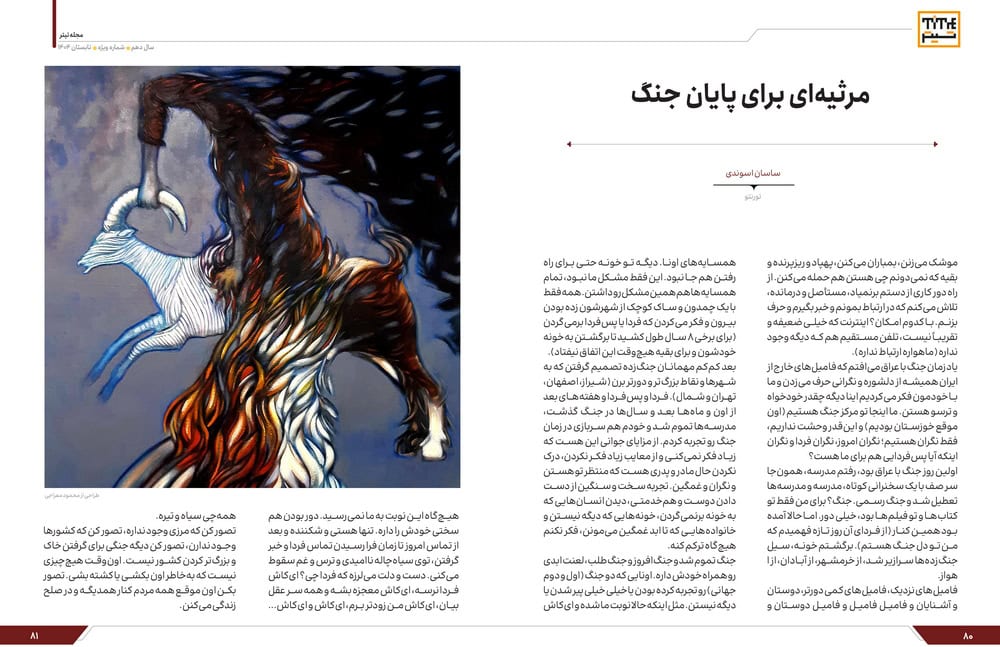
خیز دوباره کرونا
موارد ابتلا به کوید در جنوب شرقی آسیا، خاورمیانه و اروپا افزایش یافته است
مجله تیتر گزارش میدهد: بر اساس آخرین گزارش هفتگی همه گیری سازمان جهانی بهداشت که چهارشنبه منتشر شد، تعداد موارد جدید ویروس کرونا در جنوب شرقی آسیا، خاورمیانه و اروپا در هفته گذشته افزایش یافته، در حالی که تعداد مرگ و میرها در سطح جهان 16 درصد کاهش یافته است.
سازمان جهانی بهداشت اعلام کرد در هفته گذشته 3.3 میلیون مورد جدید ابتلا به کووید-19 ثبت شده است که کاهشی 4 درصدی را نشان میدهد و بیش از 7500 نفر جان خود را از دست دادند. اما موارد ابتلا در آسیای جنوب شرقی و خاورمیانه حدود 45 درصد و در اروپا حدود 6 درصد افزایش یافته است. آسیای جنوب شرقی تنها منطقه ای بود که افزایش خفیف 4 درصدی مرگ و میر را گزارش کرد، در حالی که این ارقام در مناطق دیگر کاهش یافته است. در سطح جهانی، تعداد موارد جدید کووید-19 پس از رسیدن به اوج در ژانویه کاهش یافته است.
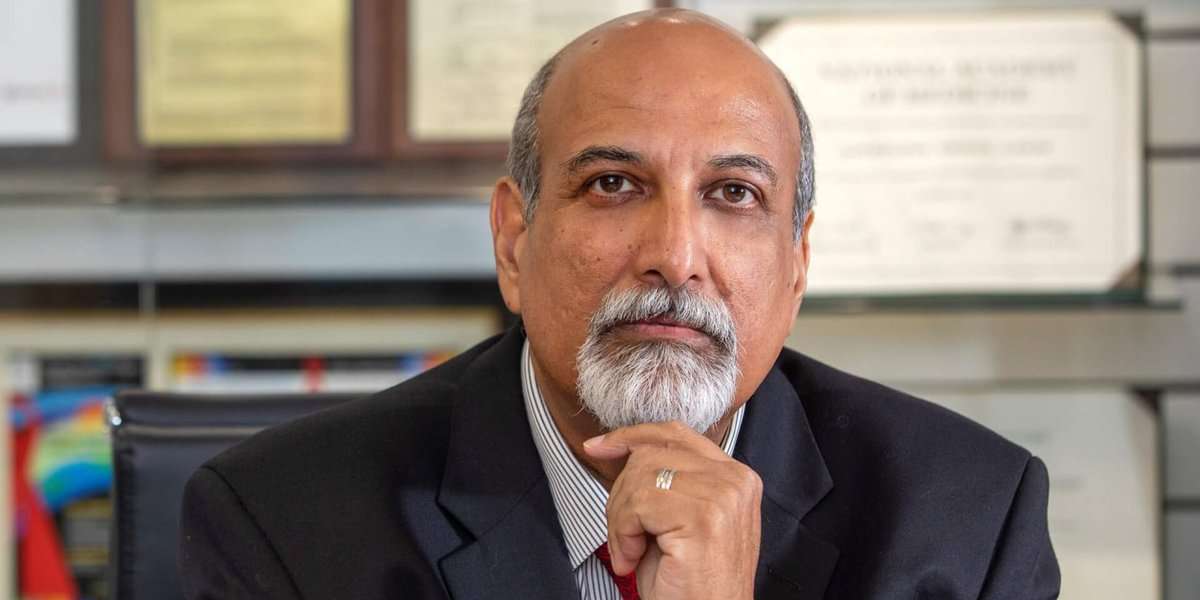
سلیم عبدالکریم، اپیدمیولوژیست و معاون دانشگاه کوازولو ناتال در آفریقای جنوبی، گفت که میزان کاهش اخیر تعداد موارد ابتلا به کووید-19 به سطوح پایینی رسیده است که در دو سال و نیم گذشته بی سابقه بوده است. با این حال، او هشدار داد که برخی از کشورها، از جمله بریتانیا، شروع به افزایش جزئی در موارد ابتلا کردهاند.
مقامات بهداشتی بریتانیا هفته گذشته گفتند نشانههای اولیه ای وجود دارد که این کشور ممکن است در آغاز موج جدیدی از عفونتهای ناشی از نوع Omicron باشد، اگرچه نرخ بستری شدن در بیمارستان تاکنون بسیار پایین باقی مانده است.
این کشور ماهها پیش تقریباً تمام محدودیتهای کووید را کنار گذاشت. هفته گذشته، بریتانیا 43 درصد افزایش موارد ابتلا را به دنبال مهمانی های خیابانی، کنسرت ها و مراسمات دیگر در زمان جشن سالگرد ملکه الیزابت دوم در اوایل این ماه که نشان از 70 سال سلطنت او بود، ثبت کرد.
در همین حال، در ایالات متحده، مقامات اواخر هفته گذشته واکسیناسیون برای کودکان شش ماهه تا پنج ساله را شروع کردند.
مشاوران مراکز پیشگیری و کنترل بیماریهای ایالات متحده واکسنهایی را که توسط Pfizer-BioNTech و Moderna ساخته شدهاند، روز شنبه تأیید کردند و گفتند که این واکسنها به پیشگیری از بیماریهای شدید، بستری شدن در بیمارستان و مرگ و میر در کودکان خردسال کمک میکند.
در حالی که کودکان خردسال معمولاً به اندازه کودکان بزرگتر و بزرگسالان به COVID-19 مبتلا نمی شوند، بستری شدن آنها در بیمارستان در زمان موج Omicron افزایش یافت و کارشناسان آمریکایی تشخیص دادند که مزایای واکسیناسیون از خطرات آن بیشتر است.



